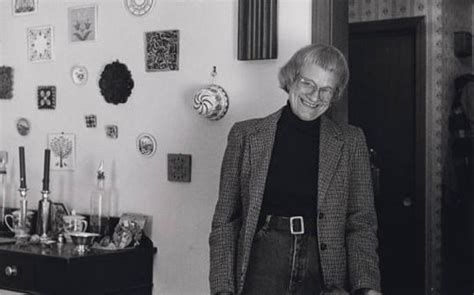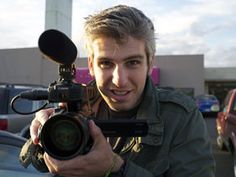A Quote by Alexandra Elbakyan
Seriously, I feel more like a revolutionary because the final goal is not only to download all the articles and books and give open access to them, but to change legislation is such a way that free distribution of research papers will not face any legal obstacles.
Related Quotes
Providing free access to research papers on websites like Sci-Hub breaks so-called copyright law that was made to taboo free distribution of information on the Internet. That includes music, movies, documentaries, books, and research articles. Not everyone agrees that copyright law should exist in the first place.
I write for young people because I like them and because I think they are important. Children's books can be mind-stretchers and imagination-ticklers and builders of good taste in a way that adult books cannot, because young people usually come to books with more open minds. It's exciting to be able to contribute to that in a small way.
I think the future fashion will be more and more separated-like, on one side would be big distribution, and on the other side there will be high-level prêt-à-porter and couture. I mean, the prêt-à-porter is already couture in a way for the prices and the way that it's made. The big distribution will allow people to dress in a fashionable way, so this could be for everybody. This part of the big distribution will be stronger and stronger, but the other part we are coming up on is more and more rich people, because we are always thinking about Europe and about America.
One thing you learn about doing nonfiction is that you've got to get it right, fact-check, do your research. You've got to not only get the facts right but represent the subject to the world in a way that insiders feel like it's an access port and outsiders can access it. If you're too insider, you block access to anyone else.
Progress in computer science is made with the distribution of revolutionary software systems and the publication of revolutionary books. We don't need a fancy information system to alert us to these grand events; they will hit us in the face. Another good excuse for ignoring the literature is that, since everyone has strong beliefs about fundamentals but can't support those beliefs rationally or consistently convince non-believers, computer science is actually a religion.


































